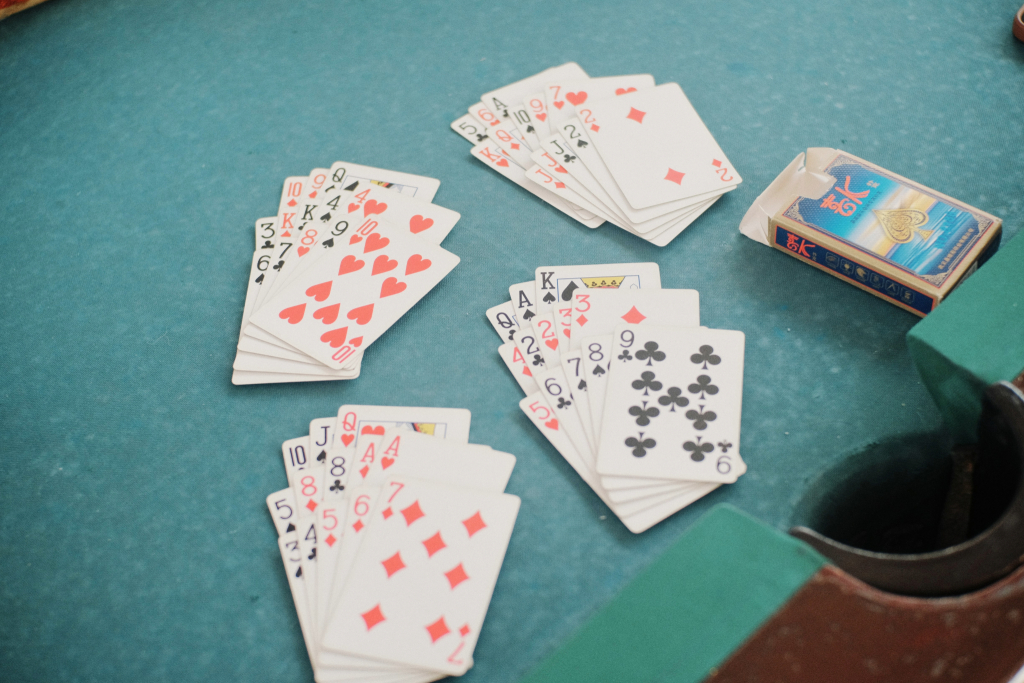The China Coin Will Be a Final Blow for Macau Junkets
The global cryptocurrency market has exploded over the past 12 months. Popular cryptocurrencies such as Bitcoin and Ethereum have begun to restructure the fabric of the global financial system. The People’s Bank of China is racing to develop its own digital currency in order to maintain control over monetary policy should the world rapidly adopt a cryptocurrency value model. The ramifications of the ‘China Coin’ on the Macau gambling industry could be huge, especially for junket operators.

The casinos in Macau are about to be disrupted in a huge way, junket operators servicing the high demand from the mainland for their services are being severely hindered by a new digital yuan – this could hit revenues and long-term prosperity for the industry. ©falco/Pixabay
Central banks across the world including the Bank of England, The Federal Reserve, and The People’s Bank of China are all interested in retaining control over monetary policy. As more and more wealth is transferred into cryptocurrency, fiat currencies are effectively being shorted on a massive scale. This is potentially catastrophic for those at the helm of monetary policy, their solution is to develop competing cryptocurrencies that will eventually replace cash in the fiat currency ecosystem.
The concept is fascinating and completely unchartered for any government monetary entity. The founding principle of Bitcoin was to decentralize the power held by those in charge of monetary policy and remove the ability for those at the helm to devalue the currency through money printing. Bitcoin has a finite supply and hence is deflationary by design. This concept is not true for all cryptocurrencies but is generally accepted as a core pillar of bullish crypto philosophy.
When it comes to government-controlled cryptocurrencies, such as China’s digital yuan or ‘China Coin’ there is obviously not going to be a decentralization of power in this system. In fact, the China Coin will likely enable the government to trace money with much higher precision, and limit the ways in which the cryptocurrency can be used.
Fully Traceable Digital Currency Designed to Stop Crime
China’s new digital currency will be a game-changer for the law enforcement activities undertaken in the region. Efforts to fight money laundering and illegal money transfers will be greatly advanced should the world begin shifting away from the fiat system, and adopt the cryptocurrency model.
Macau could be indirectly affected too, and not in a good way. As we have previously reported, Macau junket operators have been facing a tremendous amount of legal resistance, and their activities are shrouded in criminal elements. The official position of the Chinese authorities is cash leaving the mainland for Macau is an illegal money transfer, this is to keep a lid on its capital balance. With revenues in Macau’s junket operators already down some 60% during the pandemic, this new threat on the horizon could be the end of the line for this business.
Casino owners in the region are also concerned, as government officials in Beijing have already put forward plans to limit the daily transaction limit allowed by Chinese citizens sending currency to Macau’s casinos. Already during the government crackdown on this activity, thousands of individuals have been arrested for their roles in illegal gambling.
Investors looking at the junket operator industry as a safe place to park their assets are bitterly disappointed and surprised by the heavy-handed approach taken so far by Beijing. Yet there is some optimism in the air, with some backers believing the government will take a lighter stance towards junkets if they notice a sizeable amount of foreign tourists spending money in Macau.
Macau’s Casinos Have No Choice But to Comply
The strict policies coming from the Chinese Communist Party are not favorable for casino executives, but as they all know, being complicit is not a choice, it is essential for long-term survival. China is known to come down severely on private enterprises or companies it deems to be resisting its policies, and that’s why the casinos will do everything in their power to make sure their entire business vertical will be complicit with the new guidelines.
Outside observers have taken a more optimistic view of the potential implications of these changes. A senior executive at Las Vegas Sands mentioned his firm was looking forward to a more integrated Chinese gambling industry that had consumer-centric values at its core. If the new rules do in fact lead to these changes then it can only be considered a positive thing.
The China Coin is coming and following a successful trial period in several cities around the country, including Suzhou and Shenzhen, Macau looks set to be the next in line to implement the cryptocurrency. Government officials are eager to put Macau on the same footing as the mainland, and avoid any similar questions of sovereignty and independence as felt in neighboring Hong Kong.
Whilst the digital yuan, or ‘China Coin’ with carrying big implications for the money flows at the nation’s largest casinos, its introduction is being made under the pretext of a much wider strategy from Beijing. The country is modernizing, and doing away with an anonymous cash economy is a central pillar of a new policy that is designed to digitalize the financial sector of Macau, and indeed the rest of China.



